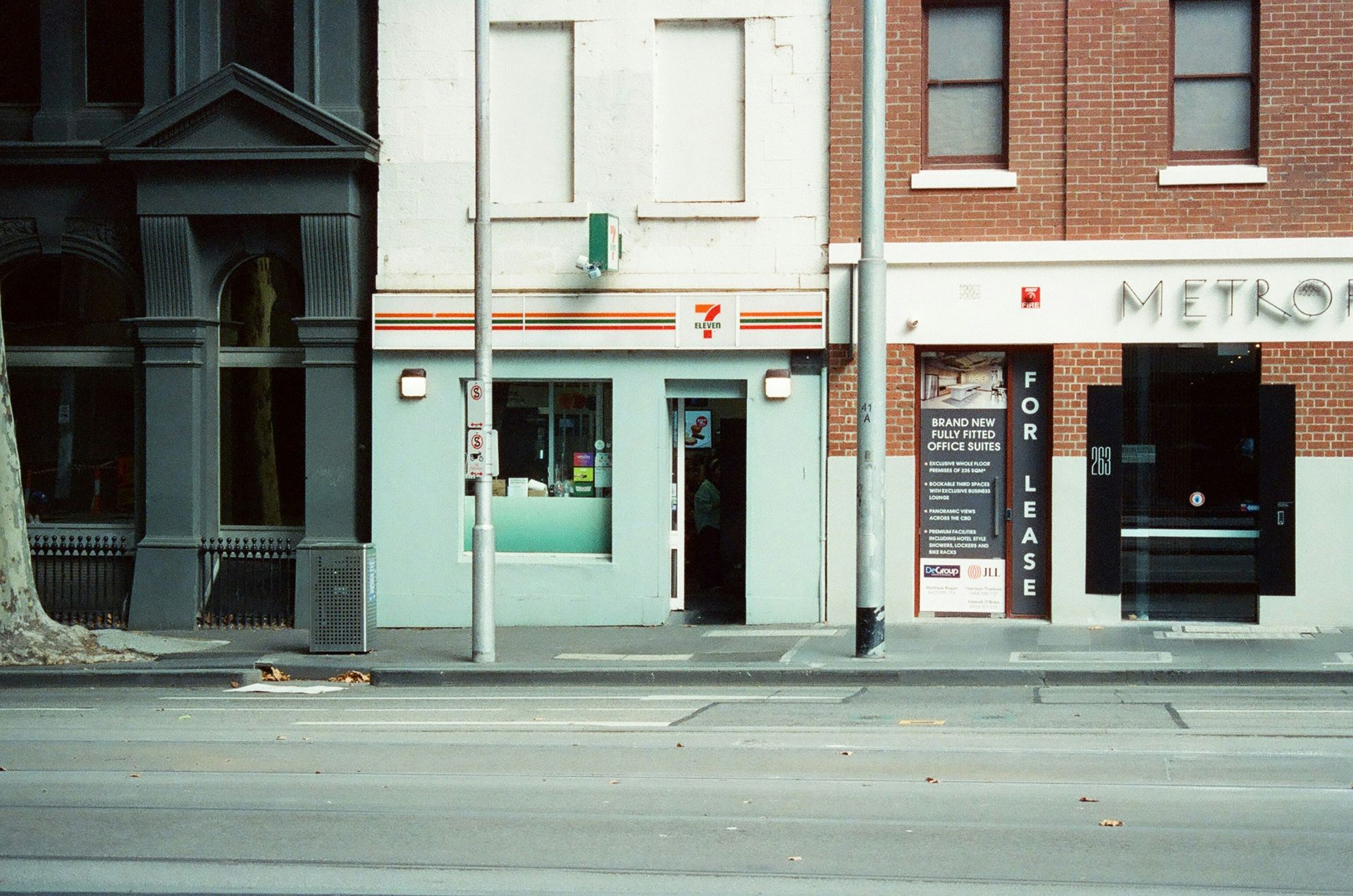Understanding the Section 27 Statement
MLS LEGAL – Property Law Specialists in East Melbourne
In Victoria, the deposit paid by a purchaser is ordinarily held on trust, most commonly in the real estate agent’s trust account, until settlement. In some transactions, however, a vendor seeks early access to the deposit by serving a Section 27 Statement.
A Section 27 Statement is a statutory mechanism under section 27 of the Sale of Land Act 1962 (Vic). It permits a vendor to request the release of the deposit prior to settlement, but only if strict disclosure requirements are satisfied and the purchaser does not object on a valid ground within the prescribed period.

The purpose of Section 27
Section 27 was not intended to be a routine step in every sale. It was designed as a limited use procedure, generally to assist vendors who require access to funds to facilitate their next purchase. Well known Victorian property law commentator Russell Cocks has written on this issue in his article Deposit Release Why Take the Risk. The underlying point is simple: early release can expose a purchaser to avoidable risk if the transaction does not proceed to settlement. For that reason, the Section 27 process should be treated as a risk assessment exercise, not an administrative formality.
When can a Section 27 Statement be served
A Section 27 Statement can only be served once the contract is unconditional. In practical terms, that means any purchaser conditions such as finance approval or building and pest inspection conditions must have been satisfied or waived.
If the property is sold at auction, the contract is typically unconditional immediately, meaning the vendor may serve a Section 27 Statement shortly after sale.
Why do vendors request early release
Vendors commonly seek early release of the deposit to assist with cash flow in the lead up to settlement. This may include funding another purchase, meeting moving costs, paying bridging finance, or managing settlement related expenses.
From the vendor’s perspective, there is also a practical advantage if the purchaser later defaults. If the deposit has already been released, it may reduce the steps required to obtain the deposit funds. That said, the purchaser’s position is the primary risk focus, because the purchaser is the party parting with money before receiving title.
What must be disclosed in a Section 27 Statement
The Act requires the vendor to disclose matters that allow a purchaser to assess whether early release is safe. This typically includes details of any mortgage affecting the property and whether repayments are up to date, commonly supported by a letter from the mortgagee confirming particulars such as the amount secured and repayment status.
The statement must also disclose any caveats or other interests affecting the title.
The vendor does not need to disclose the reason for requesting the deposit. However, providing false or misleading information in the Section 27 Statement is an offence and can attract significant penalties.
Can a purchaser object
Yes. A purchaser has 28 days from service of the Section 27 Statement to raise a valid objection.
Common valid grounds include:
i) A caveat is recorded on title
ii) The mortgage exceeds 80 per cent of the sale price
iii) The vendor fails to provide the required supporting evidence about the mortgage
If no valid objection is made within 28 days, the purchaser is taken to have consented to
release of the deposit.
What are the risks for purchasers
The key risk is straightforward. If the vendor cannot complete settlement and the deposit has already been released, the purchaser may face difficulty recovering the deposit, particularly where the vendor is insolvent or there are competing claims to funds.
This is precisely why a Section 27 request should be reviewed carefully. The consequences, if the transaction fails, tend to be highly practical and highly expensive.
How purchasers can protect their position
Where there is no valid objection ground but early release is proceeding, a purchaser may consider lodging a caveat to protect their interest until settlement. A caveat is not a substitute for proper due diligence, but it can be a valuable safeguard in appropriate cases.
How the deposit is released in practice
If the purchaser signs the Section 27 Statement, or if 28 days passes without a valid objection, the vendor’s solicitor may direct the agent to release the deposit.
Agents may be entitled to deduct commission and authorised expenses from the deposit before paying the balance to the vendor, so the vendor should review the agent’s sale account carefully.
Need assistance with a Section 27 Statement?
Call us on 03 9969 7146 to contact
Share This Blog






